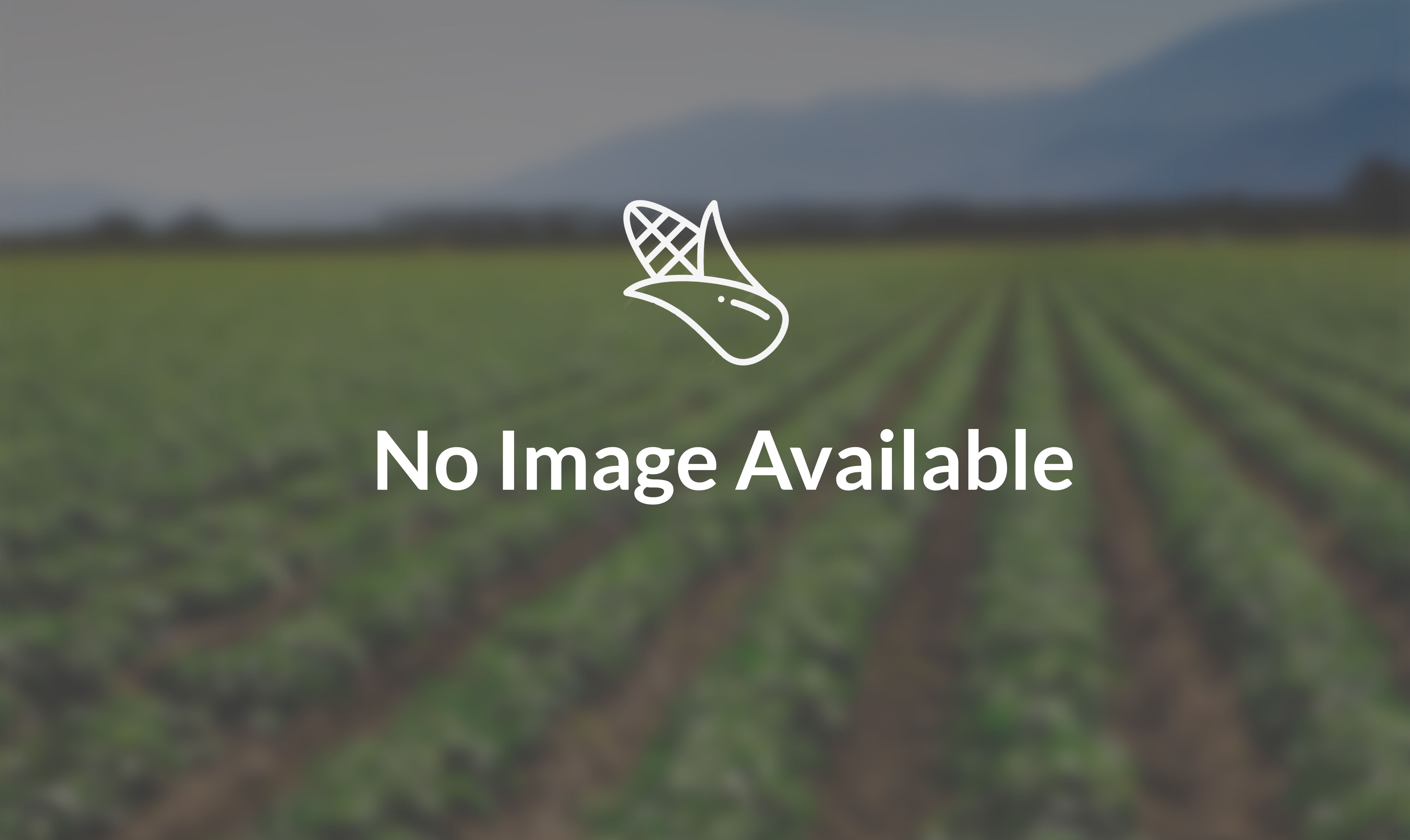Inception Workshop on Collection of Breed Population Data for the Domestic Animal Diversity Information System

The Domestic Animal Diversity Information System (DAD-IS) is a global communication tool supporting strategies for Animal Genetic Resources (AnGR) management, with a role as clearing house mechanism and early warning tool for AnGR. This global system is managed by the Animal Production and Health Division (AGA) of the Food and Agriculture Organisation of the United Nations (FAO) in Rome. It provides National Coordinators nominated by countries with a secure means to control the entry, updating and accessing of their national data. Throughout the existence of DAD-IS, population data have been lacking for many breeds.
To assist countries in filling the above-mentioned data gap, the project GCP /GLO/960/GER “Collection of breed population data for the Domestic Animal Diversity Information System” has been launched. The project involves four countries (Botswana, Malawi, Mozambique and the Kingdom of Eswatini). The Centre for Coordination of Agricultural Research and Development for Southern Africa (CCARDESA) has been chosen as the implementation partner in the region due to its intergovernmental mandate to coordinate the implementation of agricultural research and development in the Southern African Development Community region.
Under this initiative CCARDESA will organize face to face meetings with expert teams in the target countries to determine gaps on breed population data and come up with a plan to collect, analyse, and validate breed population data at national level before entering it into DAD-IS. The country stakeholders will also develop long term measures to ensure collection and entry of this data into DAD-IS. Under this project, CCARDESA is tasked with facilitating lesson learning by compiling a synthesis on the sampling approaches deployed by countries to collect the breeds population data and on the measures put in place for long term breed population data collection in each country.
To kick start the project, CCARDESA in partnership with FAO, organized a national workshop in Botswana by bringing together the relevant stakeholders in the field of livestock data collection. The purpose of the workshop was to analyse the local situation regarding data collection, and adapt, if necessary, existing approaches. Similar workshops are planned for the other three target countries.
Objectives of the Botswana Workshop
The objectives of this expert meeting were to:
- Understand the purpose of the FAO Breed Survey initiative, and explore how the Botswana stakeholders can work together to improve collection of breeds population information for entry it in the Domestic Animal Diversity information System.
- Understand the FAO sampling approach and explore how the tool can be adapted or deployed to estimate breeds populations in Botswana.
- Agree on a Work Plan for the breed survey data collection and its entry into DAD-IS
Participation
Dr B. Podisi and Ms Gabonanone Mmileng represented CCARDESA at this meeting which was attended by about total of 35 participants. Other participants included representatives from Statistics Botswana, and Departments of: Agricultural Research (DAR), Animal Production (DAP) and Veterinary Services (DVS) from the Botswana Ministry of Agriculture. FAO was represented by Dr Gregoire Leroy and Dr Roswitha Baumung who presented on the DAD-IS and the breed survey sampling approach. Mr Utlwanang Moreri of DAR gave an overview of the Botswana livestock sector and Dr Tshireletso of DVS presented on the Botswana Animal Traceback and Identity System (BAITS) while Ms Sandra Modise presented on the sampling framework used by Statistics Botswana to collect livestock population data.
Issues and Outcomes
The discussions revealed that information on breed population sizes is collected on several species, especially for cattle and small ruminants. However, breed data collection for pigs and poultry is less detailed and is missing for horse breeds. The main challenge identified was how to aggregate and reconcile data from the different sources (Animal Production Department, Botswana Animal Information and Traceability System, Statistics Botswana), in order to provide an accurate estimate to the National Coordinator on Animal Genetic Resources, who has the national responsibility of entering the data into DAD-IS. The alternate national coordinator, Mr Utlwanang Moreri, kindly volunteered to lead the actions to combine those data. The meeting discussed the possibility to adapt the already existing survey methodology in the country to fill some of the data gaps, but no decision was taken yet.
The participants discussed the best strategy to ensure long-term data collection/provision of data to the National Coordinator, and considered even the possibility of a memorandum of understanding with the data contributing agencies or inclusion of those activities into already existing national strategies.
Issues For Follow up:
- FAO to finalize the breed list prepared in the meeting and provide it to CCARDESA and to both the Botswana National Coordinator and the Alternate National Coordinator.
- CCARDESA to follow up on the Botswana National Coordinator and her Alternate to implement data collection activities in Botswana to address observed data gaps.
- CCARDESA to amend the letter of Agreement with FAO to include activities to ensure that the participation countries put in place measures for long term data collection.

























































